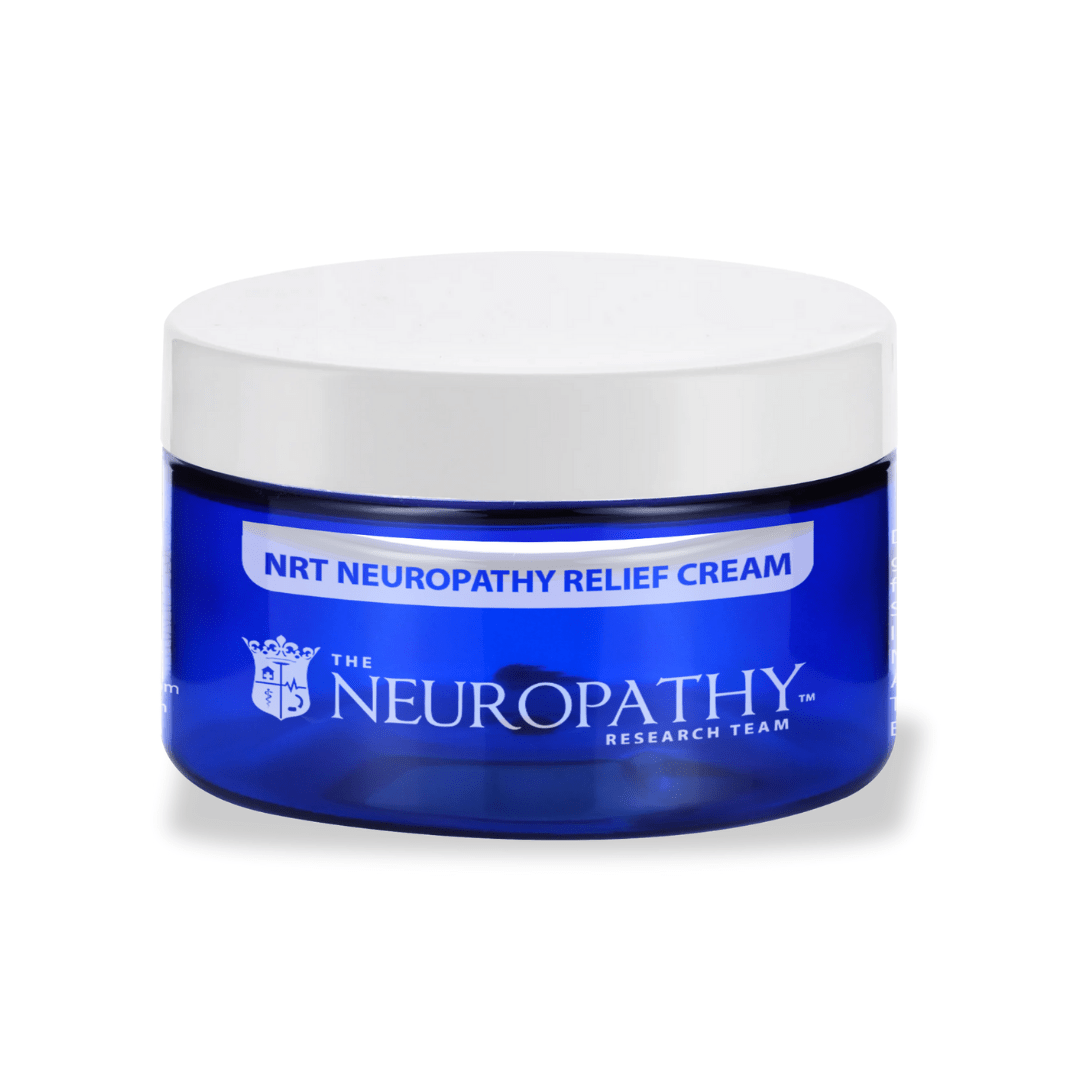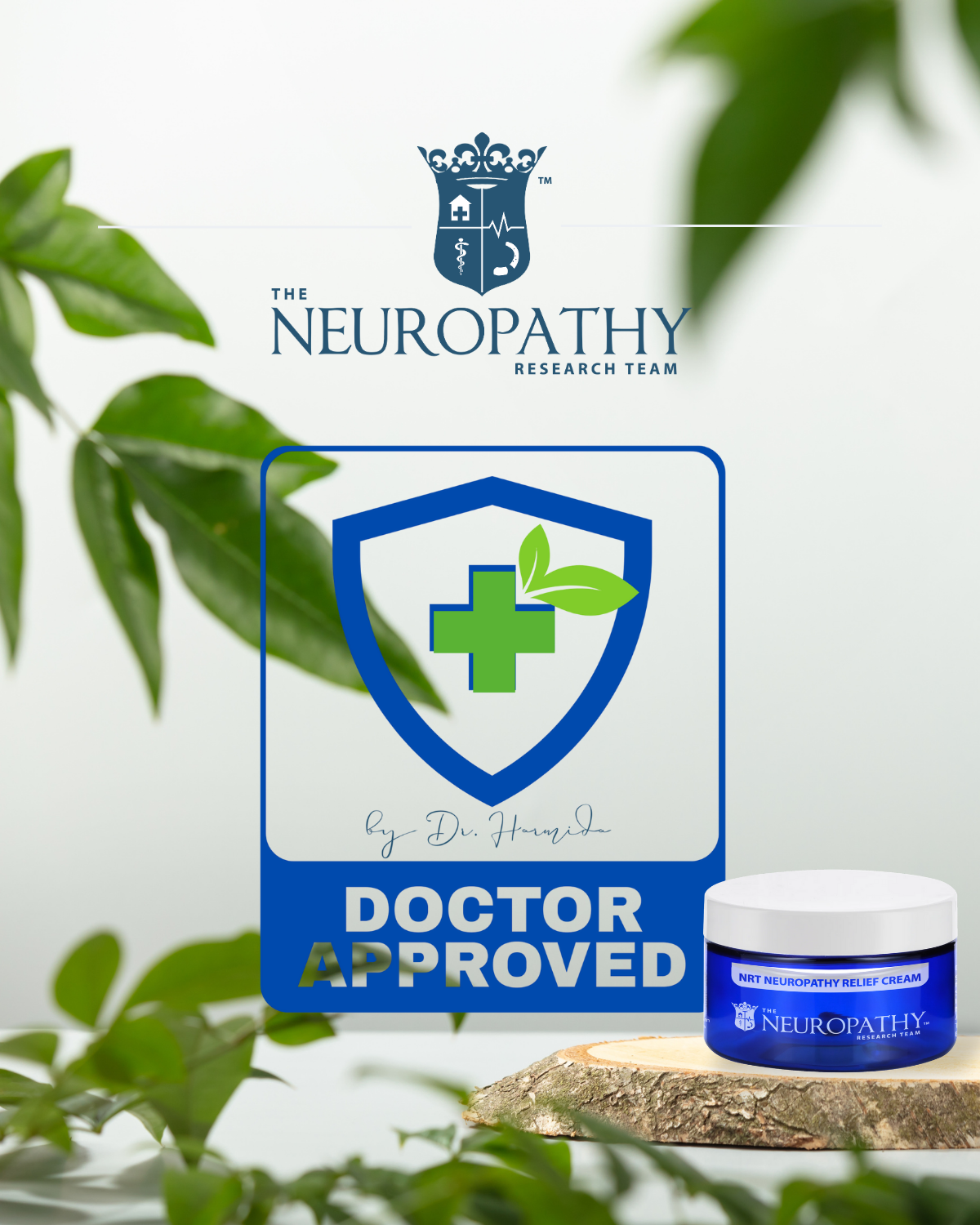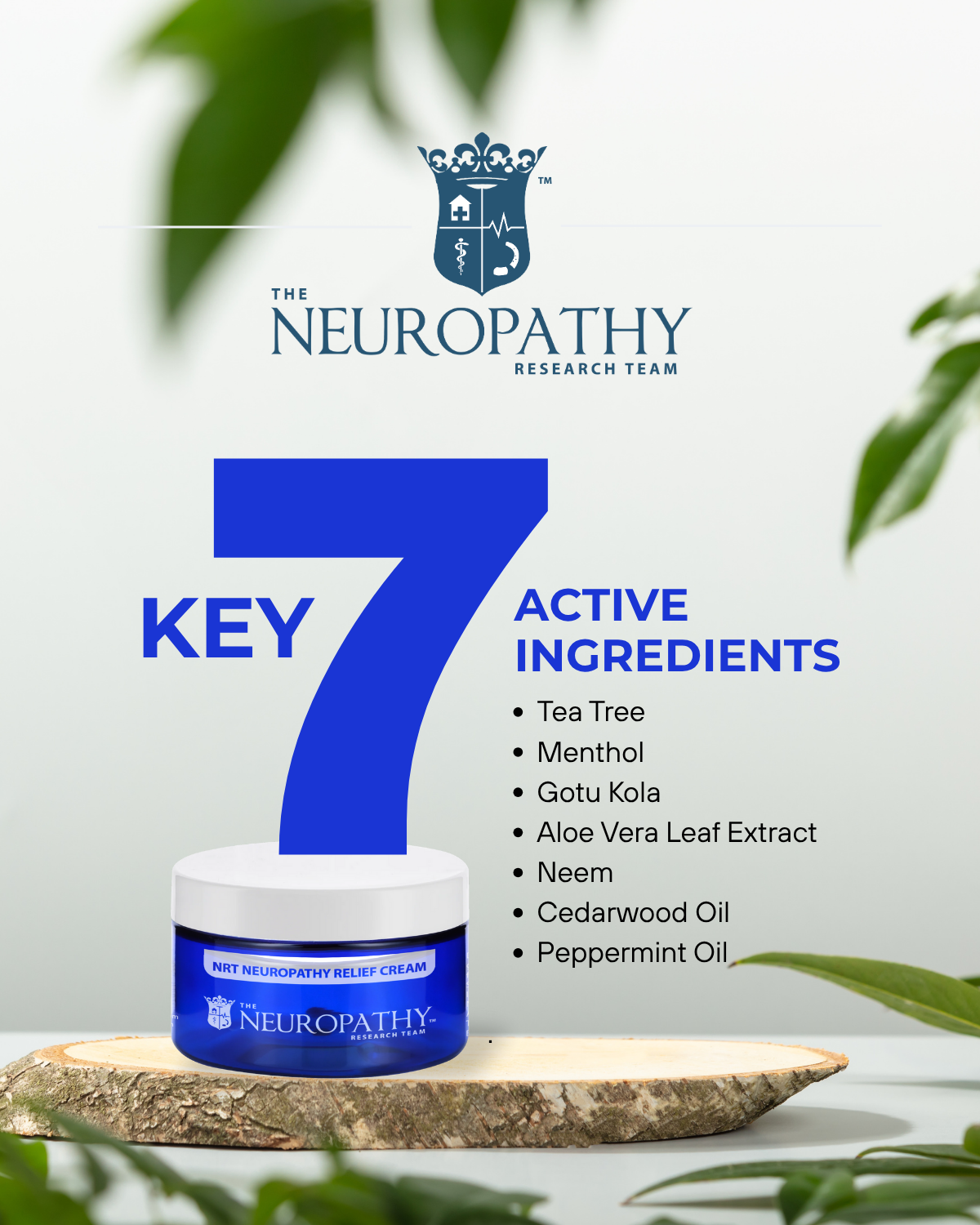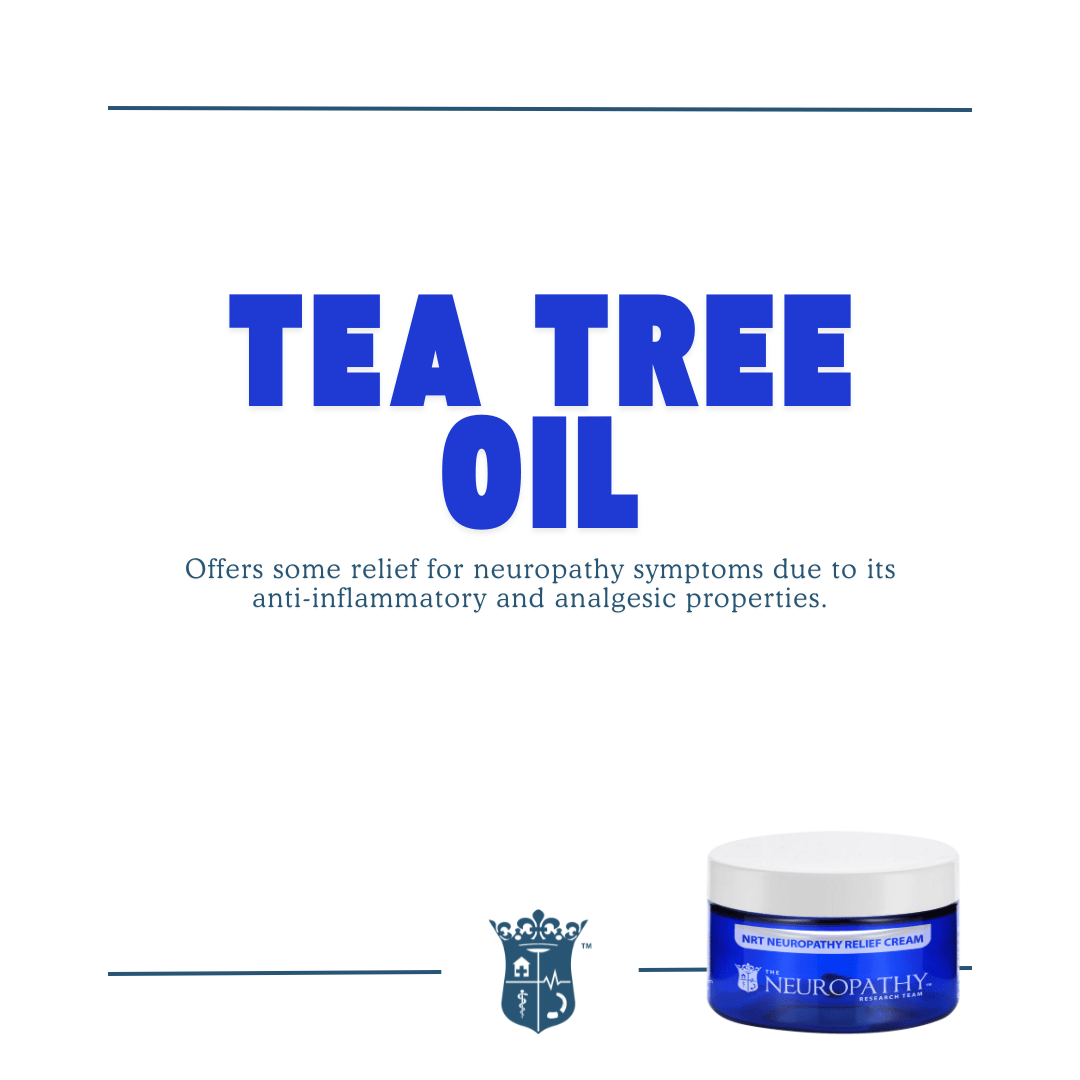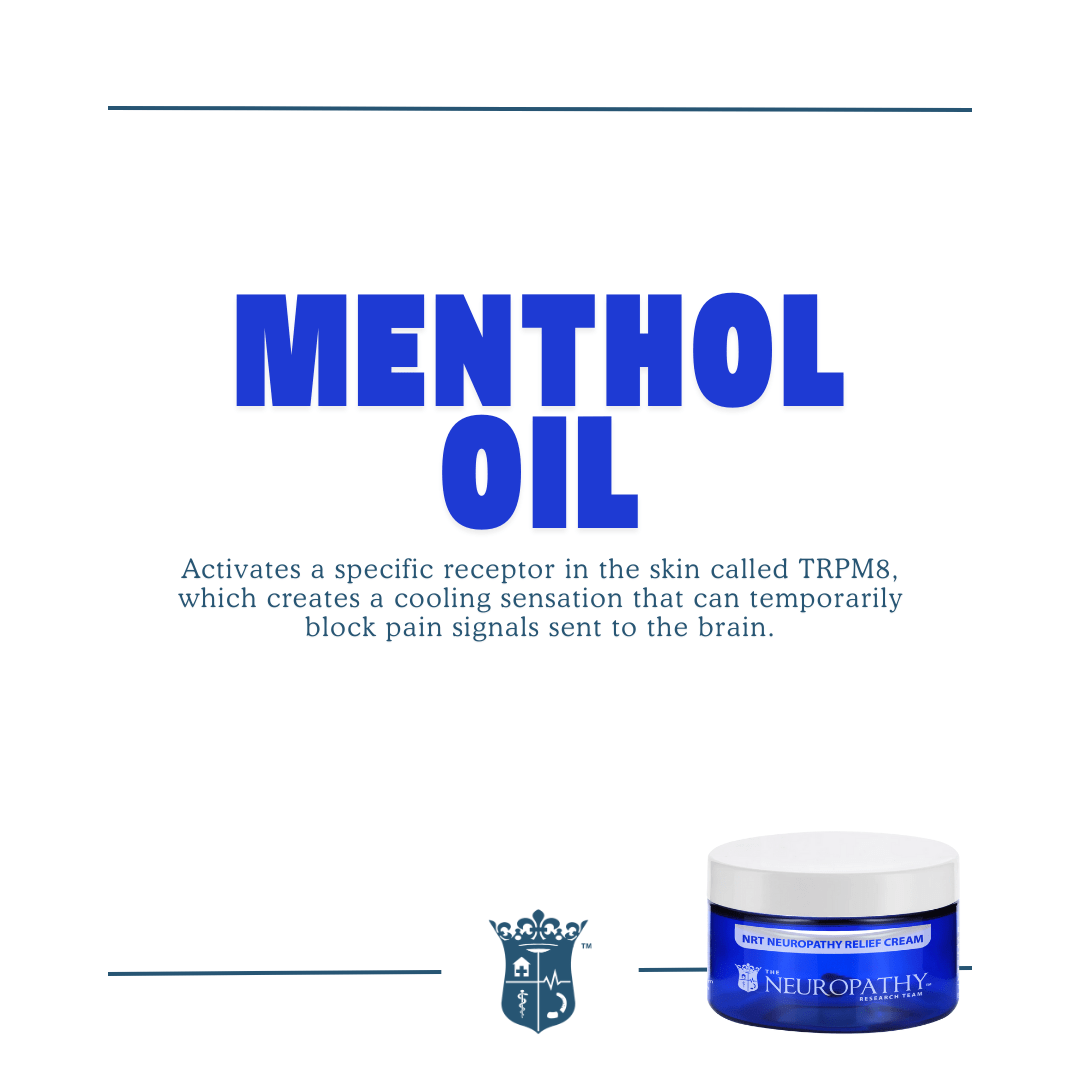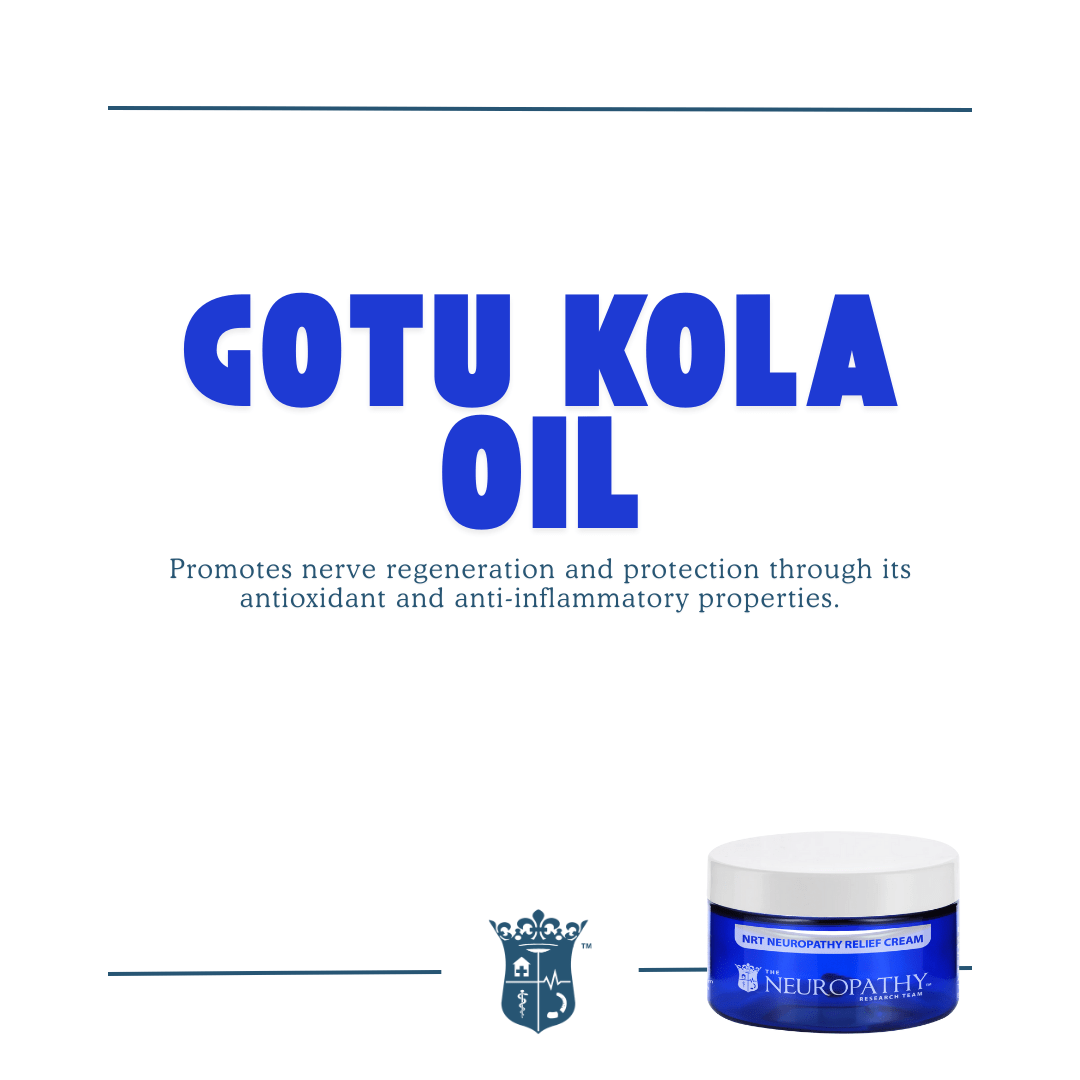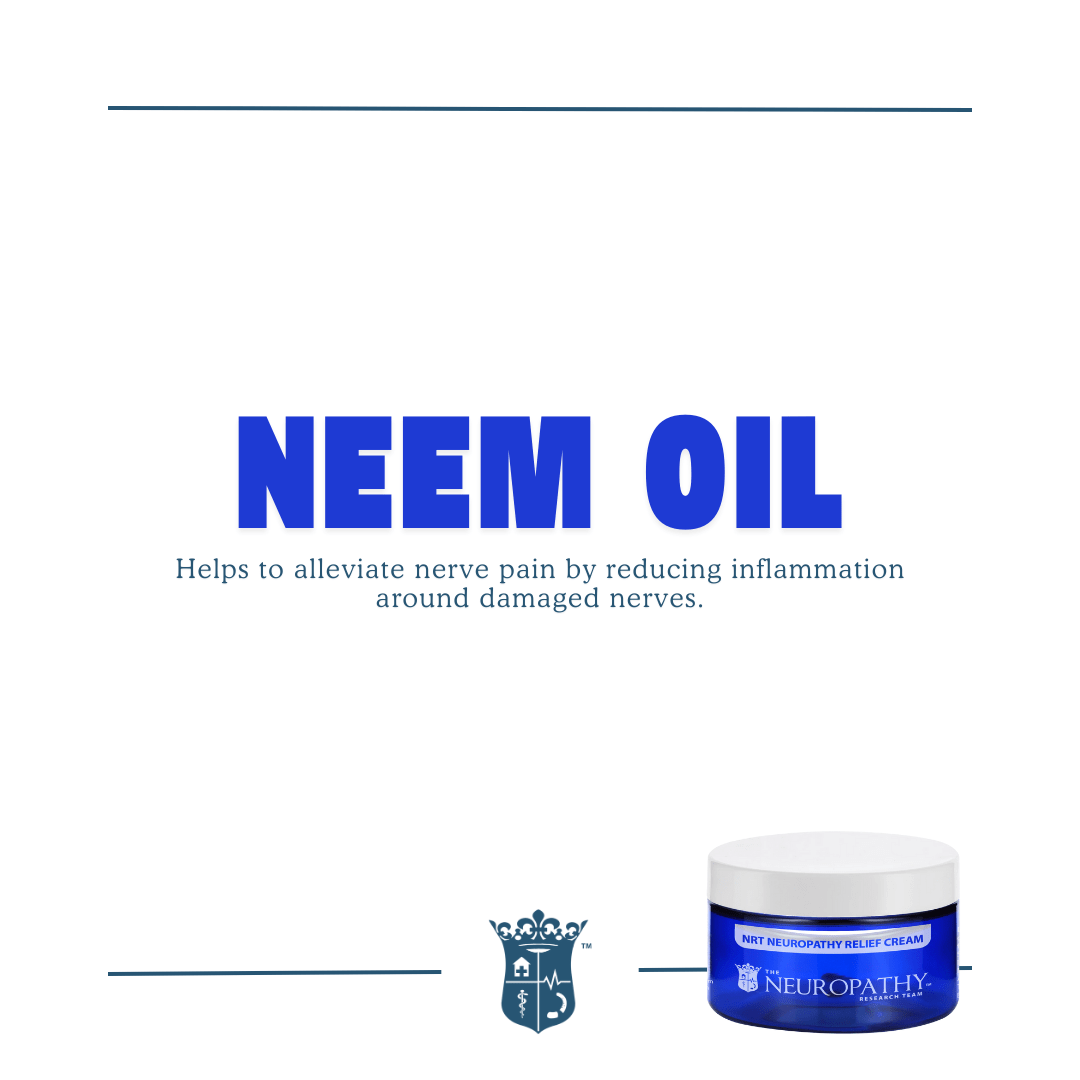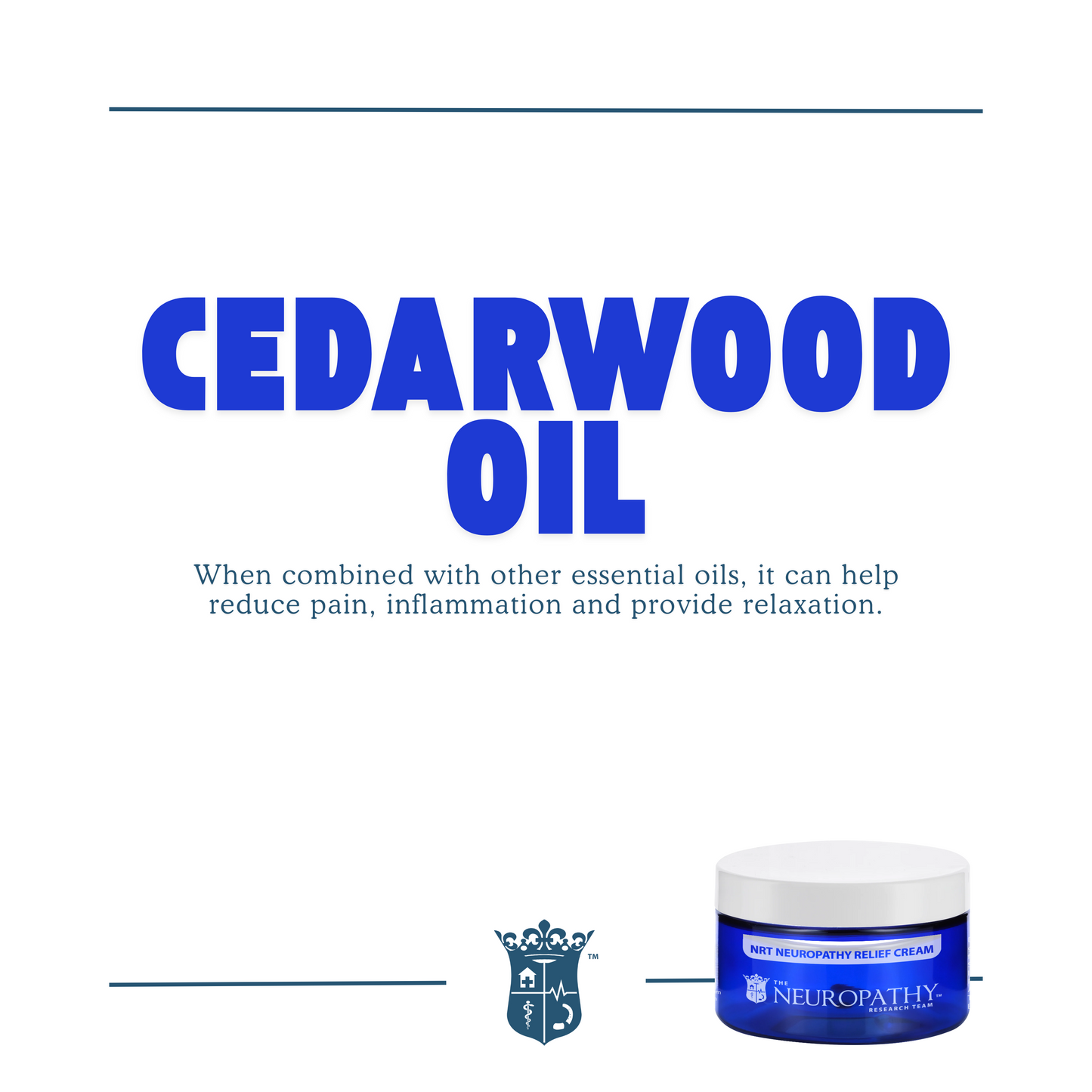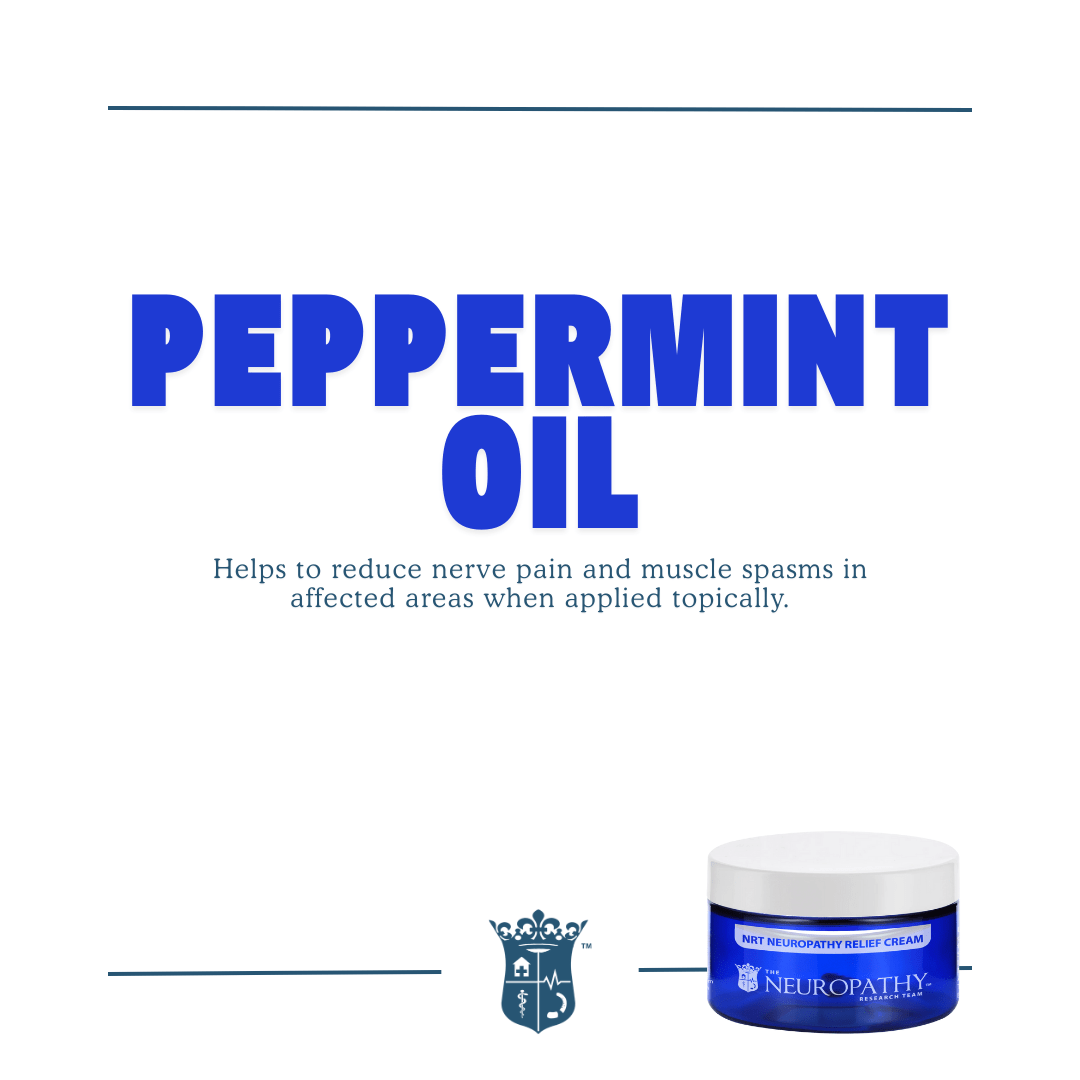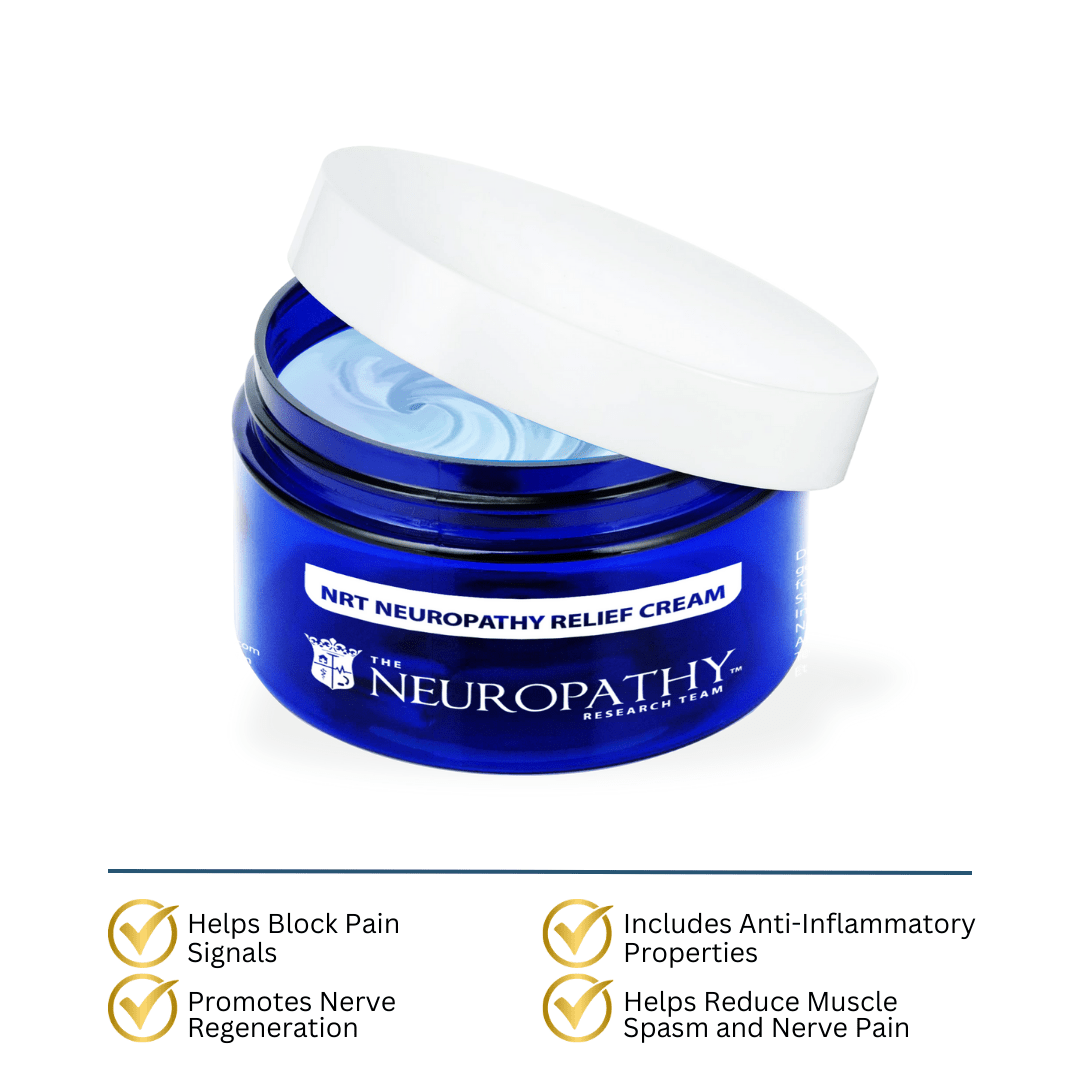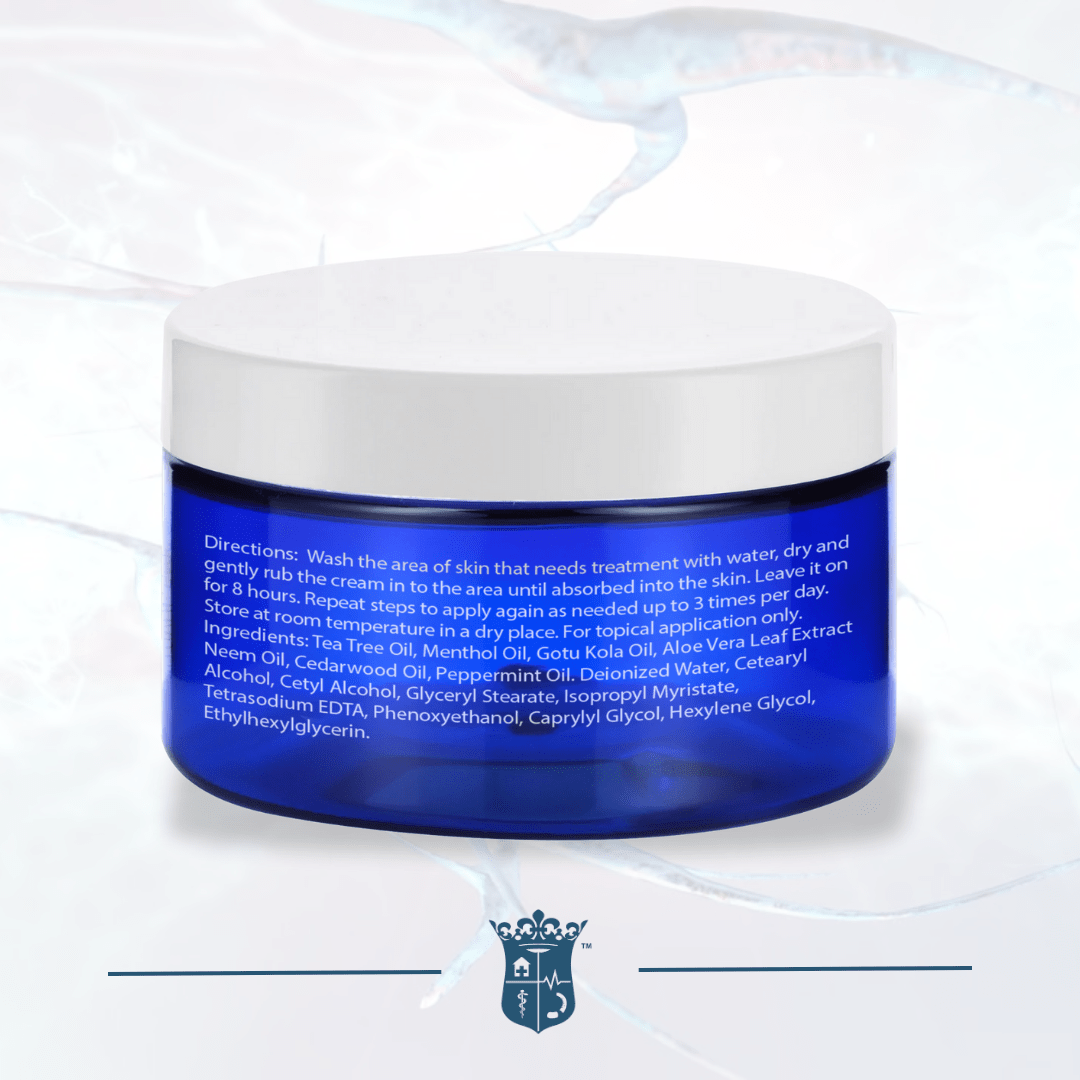
Grilled Fajita Kabobs: A Neuropathy-Friendly Recipe
Share
For individuals managing neuropathy, making conscious dietary choices is a key part of symptom management and overall wellness. Our Grilled Fajita Kabobs recipe is a delicious way to enjoy a classic dish while prioritizing nerve health.
Opting for alternatives to white flour tortillas can be a healthier choice, as refined grains can exacerbate nerve damage and inflammation. Whole grain options are generally recommended to better manage blood sugar and provide more fiber and nutrients.
Here are some alternatives to consider:
Corn tortillas: Corn tortillas offer more fiber and are lower in carbohydrates and calories compared to flour tortillas. They are also a good source of magnesium and are gluten-free, which is beneficial for individuals with celiac disease or gluten sensitivity.
Whole wheat tortillas: These are a healthier option than white flour tortillas because they retain the bran and germ, making them more nutritious and a good source of fiber. Some brands also fortify their whole wheat tortillas with added vitamins and minerals.
Alternative Flour Tortillas: Several types of tortillas are made with alternative flours and are beneficial for nerve health, according to Solace Health. Some popular options include:
Almond flour tortillas: High in protein and fiber, and low in carbs, they are a great alternative for those watching their carb intake.
Cassava flour tortillas: Gluten-free and grain-free, they have a neutral flavor and soft consistency, according to Clean Eating Magazine.
Coconut flour tortillas: Rich in fiber and protein, and low on the glycemic index, they are beneficial for blood sugar control, says BetterMe.
Quinoa flour tortillas: A good source of protein, fiber, and minerals with anti-inflammatory and antioxidant properties.
Vegetable-Based Alternatives:
Lettuce wraps: A low-calorie and low-carb option, lettuce wraps are comprised of 95% water and can be a minimal risk for blood sugar spikes.
Bell peppers: These can be used as a wrap or stuffed, offering a low glycemic index and a good source of vitamins.
Collard greens and cabbage leaves: These leafy greens can be blanched and used as wraps, providing various vitamins and minerals.
Zucchini or eggplant slices: These vegetables can be thinly sliced and used as wraps, providing vitamins and minerals.
Other options:
Sprouted grain tortillas: These offer a lower glycemic impact and are high in fiber.
Egg white wraps: These are a low-carb alternative made from egg whites.
The Power of Ingredients: How Each Component Supports Nerve Health
The ingredients in our fajita kabobs are not just for flavor; they are packed with nutrients that can help with the early detection of issues and the prevention of the progression of nerve damage. This aligns with the principles of personalized medicine, where diet is a key component of managing chronic conditions like diabetic neuropathy and chemotherapy-induced peripheral neuropathy (CIPN).
Coriander (Cilantro): Aiding Neuroinflammation and Blood Sugar
Coriander, also known as cilantro, may offer benefits for neuropathy due to its antioxidant, anti-inflammatory, and potential neuroprotective properties. Studies suggest that coriander can reduce oxidative stress and inflammation, which are key factors in the development and progression of neuropathic pain. Additionally, coriander may help improve insulin sensitivity, which is relevant as high blood sugar is a major risk factor for diabetic neuropathy.
Here's a more detailed breakdown:
-
Antioxidant and Anti-inflammatory Properties: Coriander contains various antioxidants like terpinene, quercetin, and tocopherols that help combat free radical damage and reduce inflammation, both of which can contribute to nerve damage in neurodegenerative diseases and other forms of neuropathy.
-
Neuroprotective Effects: Some research indicates that coriander extracts may protect nerve cells from damage and improve neuronal function.
-
Blood Sugar Management: Coriander may help regulate blood sugar levels, which is crucial for managing diabetic neuropathy. It can improve insulin sensitivity and potentially reduce the risk of developing or worsening nerve damage associated with high blood sugar, according to ICICI Lombard and WebMD.
-
Potential for Reducing Symptoms: Some studies suggest that coriander can help reduce symptoms of cognitive diseases like Alzheimer's and Parkinson's, which can be linked to neuropathy in some cases.
-
Specific Compounds: Linalool, a compound found in coriander, is believed to have neuroprotective, anxiolytic, and analgesic effects, which could be beneficial for neuropathy symptoms, according to the National Institutes of Health (NIH).
Shrimp: A Source of Key Vitamins and Fatty Acids
Shrimp contains several nutrients that may offer potential benefits for individuals with neuropathy, including:
-
Omega-3 Fatty Acids: Shrimp contains omega-3s, which are known for their anti-inflammatory properties. Research suggests that omega-3s may help reduce nerve pain, promote nerve regeneration, and protect nerve cells from damage. A 2017 study found that omega-3 supplementation in mice accelerated nerve regeneration and reduced pain behaviors. Another study linked lower DHA levels (a type of omega-3) with more severe neuropathy and showed that omega-3 therapy can improve nerve regeneration in humans with diabetic neuropathy.
-
B Vitamins: Shrimp is a source of B vitamins, especially B12. Vitamin B12 plays a crucial role in maintaining the myelin sheath, the protective covering around nerves. A deficiency in B12, a type of nutritional imbalance, can damage this sheath, leading to neuropathy symptoms like pain and numbness. Supplementing with B12 may be beneficial in managing neuropathy caused by a deficiency.
-
Astaxanthin: This antioxidant, found in shrimp, has shown promising neuroprotective effects. It may help protect brain cells and potentially reduce the risk of neurodegenerative diseases. More research is needed to fully understand its impact on overall health.
-
Other Nutrients: Shrimp also provides protein, selenium, phosphorus, niacin, zinc, magnesium, and iron, all of which contribute to overall health and may indirectly support nerve health. Zinc, for example, is essential for nerve function and supplementation has been explored in diabetic nerve damage research.
Bell Peppers & Jalapenos: Using Nature's Neuromodulation
Neuropathy, or nerve damage, can lead to painful symptoms. While mixed-color bell peppers alone won't cure neuropathy, they offer several benefits that may help manage symptoms and support nerve health:
-
Antioxidant Power: Bell peppers are packed with antioxidants like carotenoids and flavonoids, which combat oxidative stress—a factor that can contribute to nerve damage.
-
Anti-Inflammatory Properties: Bell peppers contain compounds like vitamin C and beta-cryptoxanthin, known for their anti-inflammatory effects. Chronic inflammation can intensify nerve pain, so reducing it may offer relief.
-
Nerve Desensitization: Capsaicin, the compound that gives peppers their heat, interacts with TRPV1 receptors on nerve fibers. When used in controlled doses, especially in topical applications like creams or patches, capsaicin can desensitize these pain pathways, potentially reducing the overactive nerve signals associated with neuropathy. This is a concept used in neuromodulation and is explored as a novel pharmacological treatment.
-
Circulation Boost: Capsaicin may also improve circulation by promoting vasodilation, increasing blood flow to damaged nerves and supporting their maintenance and repair.
-
Essential Nutrients: Bell peppers provide important vitamins like Vitamin A, C, B6, and Folate, and minerals like potassium and magnesium, all crucial for overall health and nerve function.
Red Onions: Aiding Blood Flow and Reducing Inflammation
Red onions, rich in antioxidants like quercetin, may offer some benefits for neuropathy due to their potential to reduce inflammation and improve blood flow, both of which can be relevant to nerve health. While research specifically on red onions and neuropathy is limited, the general benefits of onions, particularly their quercetin content, suggest a possible role in managing nerve pain and promoting overall nerve health.
Here's a more detailed look:
-
Quercetin and Inflammation: Quercetin, a powerful flavonoid found in red onions, has anti-inflammatory properties. Neuropathy can be associated with inflammation, so reducing it could potentially alleviate some symptoms.
-
Improved Blood Flow: Onions, including red onions, can help improve blood flow due to their ability to dilate blood vessels. Good circulation is crucial for nerve health, as it ensures proper delivery of oxygen and nutrients to the nerves.
-
Antioxidant Properties: Red onions are rich in antioxidants, which help protect cells from damage caused by free radicals. This can be beneficial for nerve health, as oxidative stress is thought to contribute to nerve damage.
-
Folklore and Traditional Medicine: Some traditional practices suggest placing onions on the feet to draw out toxins and impurities, believing they can improve blood circulation and overall health. While not scientifically proven, these practices highlight the potential of onions to support nerve function, much like other integrative approaches to wellness.
Grilled Fajita Kabobs: The Recipe
-
Ingredients:
-
3 limes
-
1 tsp ground coriander
-
½ tsp ground cumin
-
Pinch of cayenne
-
4 Tbsp extra virgin olive oil
-
1 lb large peeled and deveined shrimp, tails discarded
-
1 lb boneless, skinless chicken breast, cut into 1 ½ inch pieces
-
1 lb mixed-color bell peppers, cut into 1 -in. pieces
-
3 jalapenos, sliced ½ inch thick
-
2 small red onions, cut into 1 -in. -thick wedges
-
Kosher salt and pepper
-
12 small tortillas
-
Sliced radishes and chopped cilantro, for serving
-
-
Instructions: (You may use metal skewers, but if using wooden skewers then soak in water before using).
-
Finely grate zest of 1 lime into bowl. Add coriander, cumin, cayenne, and 2 Tbsp oil and mix to combine. Transfer half to medium bowl and toss with shrimp. In second bowl, toss chicken with remaining mixture.
-
Thread each protein onto its own skewer. Halve all limes.
-
Toss peppers, jalapenos and onions with remaining 2 Tbsp oil and ½ tsp each salt and pepper. Thread jalapenos, peppers, and onions onto their own skewers.
-
Heat grill or stovetop grill to medium-high. Season chicken and shrimp skewers with ½ tsp each salt and pepper.
-
Add skewers to grill and cook, turning occasionally, until chicken is cooked through (8-10 min.), vegetables are just tender (4-8 mins.), and shrimp is opaque throughout (3-4 min.). Transfer skewers to platter as they finish cooking. Grill limes cut side down, and tortillas until lightly charred, about 1 min.
-
Squeeze 1 grilled lime half over chicken and shrimp. Serve with vegetables, tortillas, remaining limes, radishes and cilantro.
-



